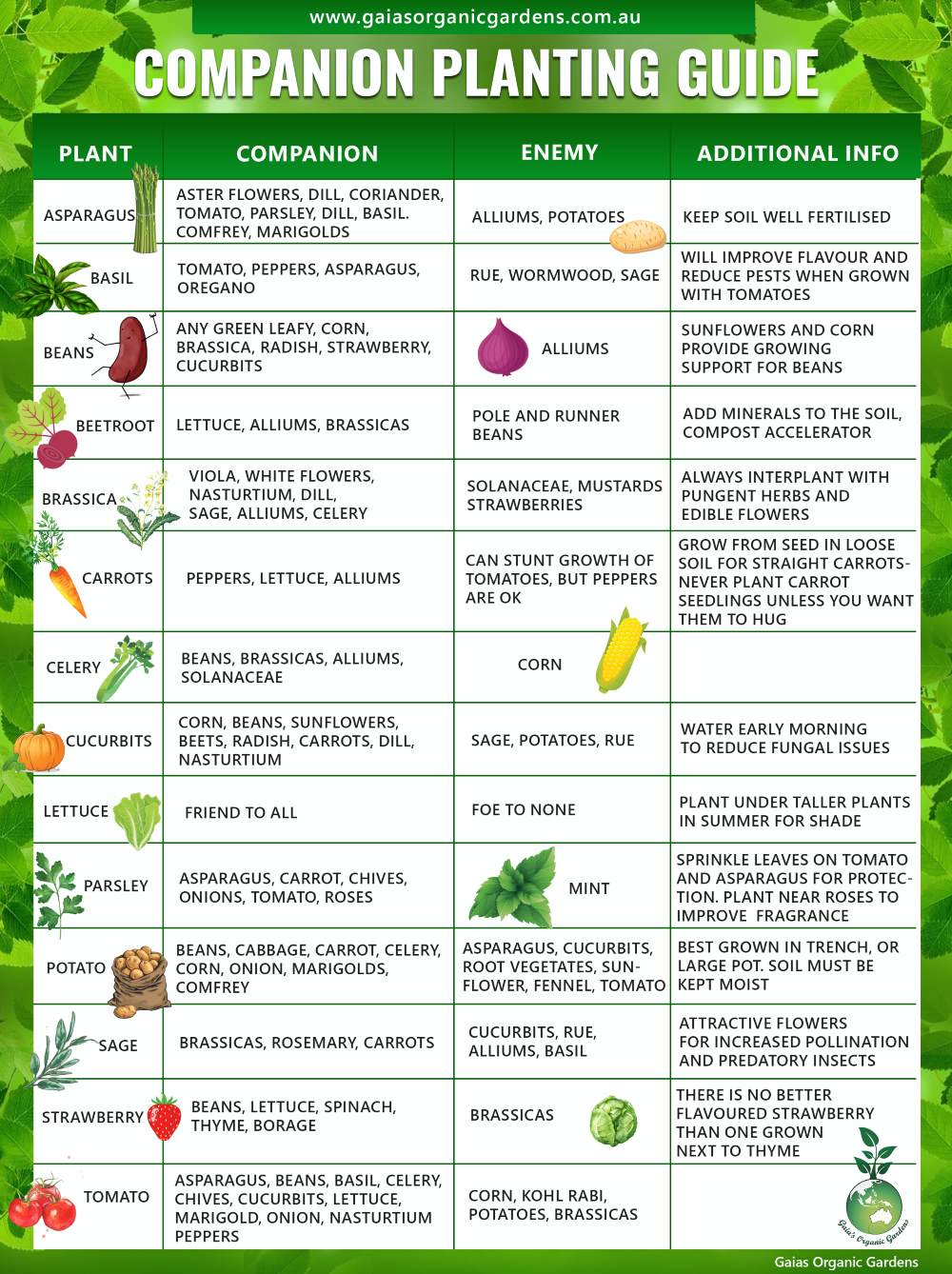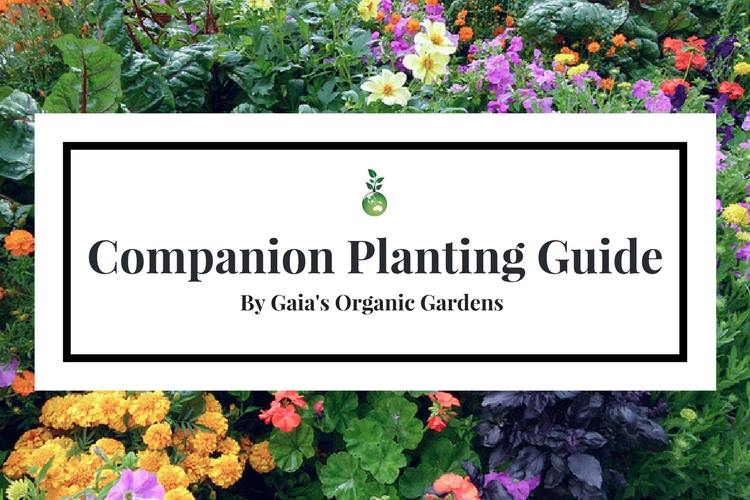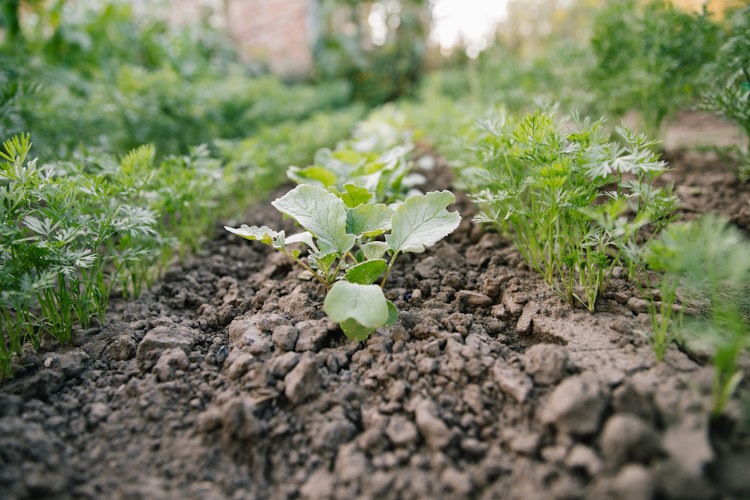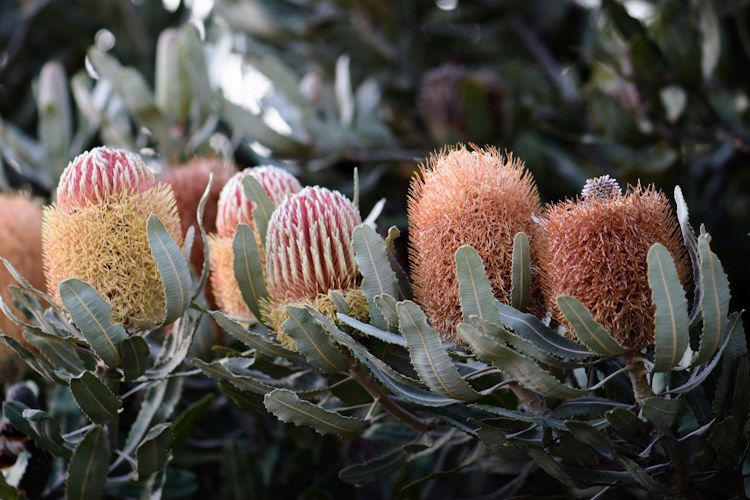An Age Old Method
Companion planting works. We see it in effect time and time again. It is based on the needs and requirements of plants and their symbiotic relationships with other plants and insects.
Companion Planting is a must do for any organic gardener.
It works in several ways but just offers plants a community to support one another by allowing symbiotic relationships between the plants. When creating an organic garden, we want to try as closely as possible to recreate the natural environment that mother nature intended, so it’s just a replica of this. Also, some plants have different nutritional requirements and demands on the soil, companion planting can offer benefit on many levels,
- Environmental spacing – Take advantage of the space by planting the vegetables according the space required to grow, I.e. carrots can grow under capsicums and peppers. Also they can provide shade for plants if necessary.
- Nutritional Requirements- Plant accordingly to the plants nutritional needs, i.e. planting nitrogen replacing beans and peas near green that use a lot of nitrogen to grow
- Attracting predatory pests and pollinators– For example planting lady bug attracting plants such as coriander or calendula near crops that are commonly attacked by aphids, such as citrus trees or peppers.
- Colours and smells- Interplanting pungent herbs and brightly coloured flowers can help to confuse pests, for example, plating white viola’s around your brassicas can help to reduce cabbage moth.
- The most famous companion planting combination is “The Three Sisters” Corn, Beans and Cucumbers. The corn provides supports for the beans, which provide nitrogen for the hungry corn, and the cucumbers provide a natural much keeping the ground moist, as corn does not enjoy dry soil. Getting the idea?
If it tastes good together it will grow together
This is a good rule of thumb to go by but there are exceptions, ie: beans and onion…….
Ledged of Family Names used
- Alliums- Garlic, Onions, Chives, Leeks
- Brassicas- Broccoli, Kale, Cabbage, Cauliflower
- Cucurbit- Melon, Cucumber, Pumpkin, Watermelon
- Solanaceae- Tomato, Peppers, Eggplant

Our vegetable gardens:
In all of the vegetable gardens we set up we use companion planting. By interplanting with pungent herbs and edible flowers you can create a healthier eco system and reduce pest and disease issues. If you would like to get help setting up your own organic vegetable garden or if you would like us to take care of the dirty work for you please get in touch with us today!





